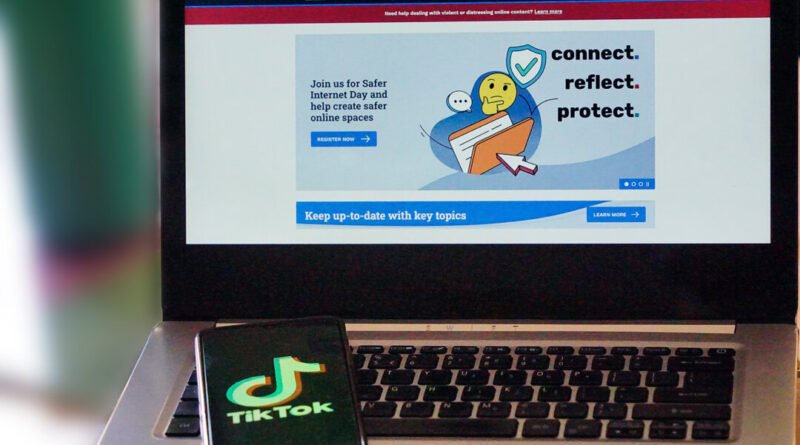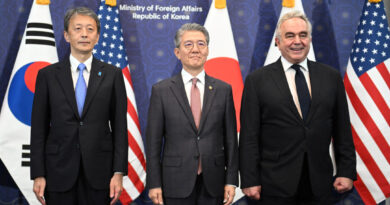Australian Online Regulator Raises Alarm Over ‘Terrorist and Extremist’ Content on Social Media
The eSafety office has expressed concerns about the role of certain material in ‘online radicalisation.’
Australia’s eSafety Commissioner has highlighted the need for increased regulation due to worries about the dissemination of “terrorist and extremist” content on social media platforms.
This call followed the elevation of Australia’s terrorism alert level from possible to probable amidst online radicalisation and tensions in the Middle East.
These concerns include the misuse of live-streaming, algorithms, and recommender systems.
“Tech companies providing these services must ensure that their features cannot be exploited for such harmful purposes, in adherence to eSafety’s safety principles and industry codes and standards.”
Social Media’s Real-World Impact
eSafety noted that recent riots in the UK illustrated how online content can incite real-life conflict and harm.
Instances such as terrorist attacks in Christchurch, New Zealand, Halle, Germany, and Buffalo, New York were cited as examples of violent extremists exploiting social media platforms.
eSafety disclosed that it had received reports of perpetrator-generated content from these attacks being circulated on mainstream social media platforms.
In March, transparency notices were sent under Australia’s Online Safety Act to platforms like Google, Meta, Twitter, WhatsApp, Telegram, and Reddit, to inquire about their efforts to safeguard Australians from terrorist material. Findings will be published in due time.
Despite industry initiatives like the Global Internet Forum to counter terrorism, eSafety mentioned that it remained uncertain about the actions taken by these tech companies in this regard.
Amidst their lack of transparency, eSafety underscored the necessity for regulation to ensure accountability from these platforms.
Political Leaders’ Responses to Online Terrorism Threats
Prime Minister Anthony Albanese and Opposition leader Peter Dutton both addressed the issue of extremist content online, emphasizing measures to prevent the hosting of such material and encouraging public vigilance.
Albanese described the decision to raise the terrorism threat level as a proactive response to potential threats, while Dutton urged the public to report concerning behaviors to relevant authorities.



